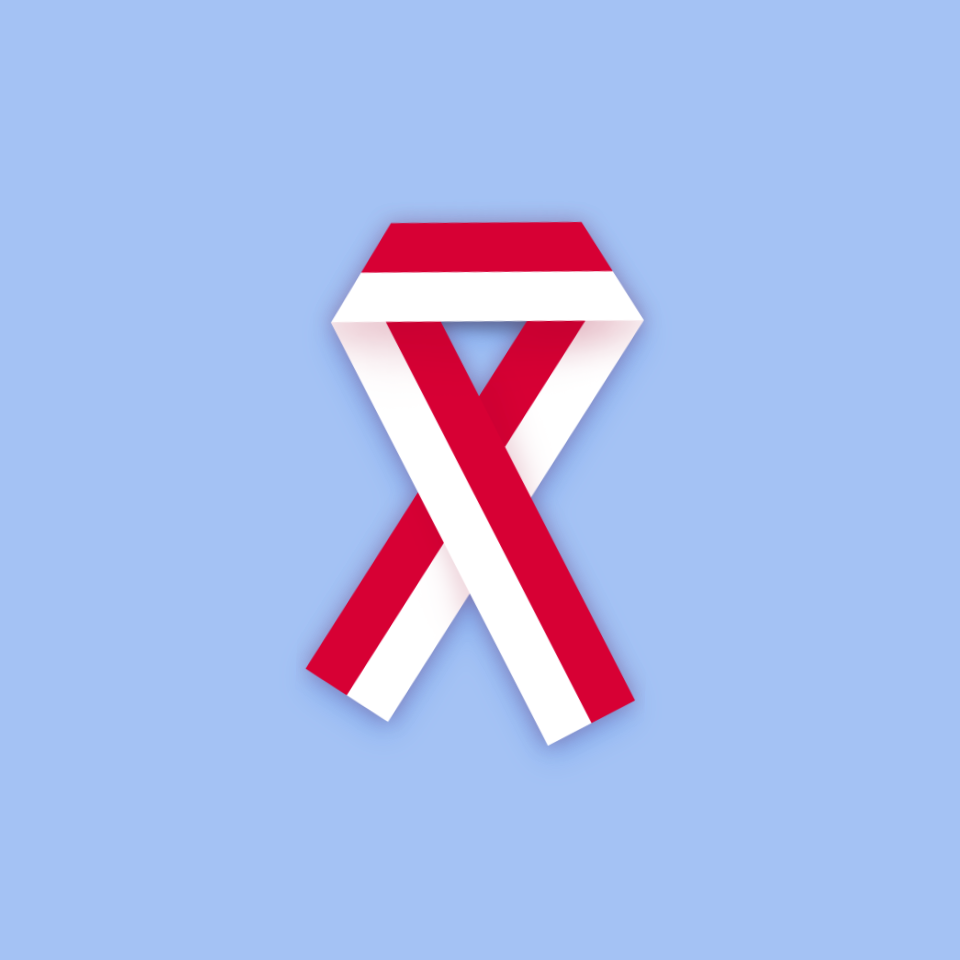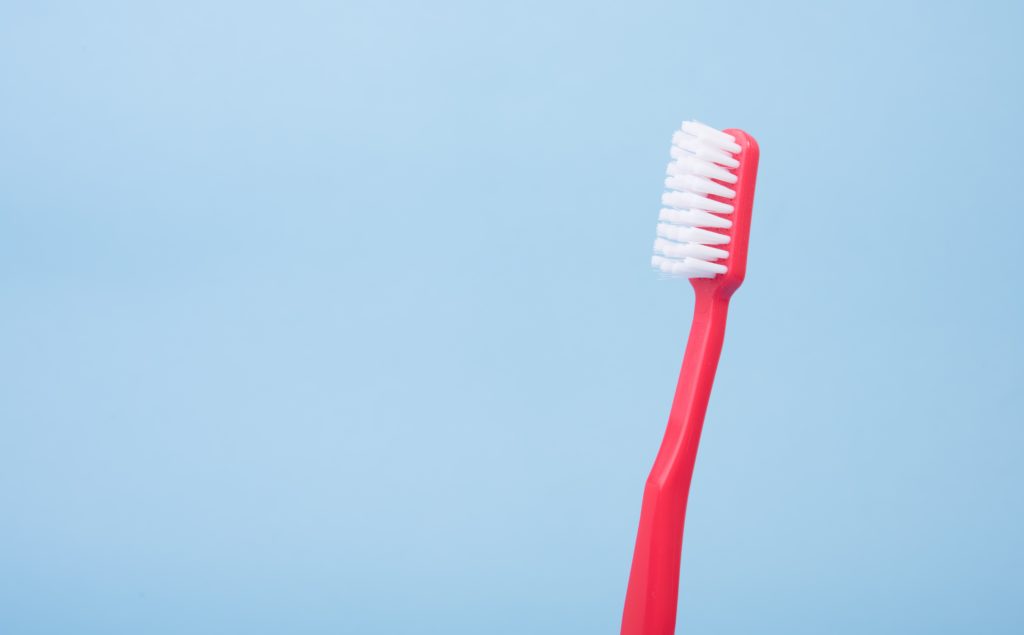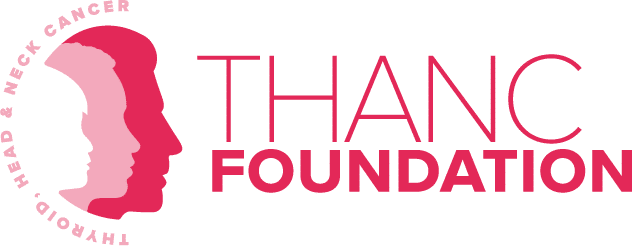
All of a sudden, I had trismus—I couldn’t open my mouth. I went to the doctor and he saw something on my tonsils. Then I met with an ENT who did a biopsy. He told me I had throat cancer, specifically oropharyngeal cancer, in my tonsils and at the base of my tongue. I was taken aback.
My sister knew a doctor with extensive experience treating oropharyngeal cancer, so I went to see him. He said radiation and chemotherapy cures throat cancer 85% of the time, and that’s what he recommended. After I got a second opinion, I decided it was right for me, and I began my therapy sessions.
Throughout treatment, I had a lot of trouble eating and I lost a lot of weight. It was good news for my diabetes but bad news for sustaining myself. Still, I made it, and the treatment worked. Within a month or two of completing my sessions, I could swallow and eat again. I almost went back to normal food. Then the swallowing pain returned. I needed painkillers. It worsened.
When the doctor looked at my throat again, he saw ulcers from the radiation. I needed another surgery to repair it. But at that point, I had gone from 180 to 125 pounds, and I needed to gain weight before the operation. I stayed at the hospital and had a feeding tube put in. Finally, I gained enough weight and I was ready.
They went from every 3 months to every 6 months to once a year. After a while, he told me I didn’t need to schedule our annual appointment anymore
The doctor performed the flap surgery. They took tissue from my pectoral muscle and skin from my leg to patch my throat and soft palate. One week after surgery, I went home. Nurses visited and helped me recover. Eventually, I started to eat soft foods.
I continued my follow-up appointments with my doctor. They went from every 3 months to every 6 months to once a year. After a while, he told me I didn’t need to schedule our annual appointment anymore—it had been long enough, and I was well. It felt good to hear that!
I do miss eating solid foods. But I understand this is a side effect of radiation I can’t control. Radiation affected my voice—which became more nasal—and my swallowing. It altered my teeth and my jaws. I had over nine root canals and ten crowns. The dentist had to place a dental bridge. I didn’t realize I would have all of these side effects. But I can chew. I can swallow. And I can speak.
Together, my family, friends, and coworkers formed a very strong network, and they helped me get through it.
Luckily, throughout it all, I had an excellent support system. Multiple family members took turns driving me to my radiation appointments. I have a group of friends—we’ve been close since our kindergarten days—who called me constantly. When I was in the hospital, I had visitors every day. I also continued working during treatment, and my employers were very supportive, too. Together, my family, friends, and coworkers formed a very strong network, and they helped me get through it. They told me when my attitude and my temper were getting the best of me, as they sometimes did, and they uplifted me when I was down.
Now, I continue to work. I’ve learned how to soften my food. I blend just about everything, and I bring a smoothie with me every day to the office. It took a lot of adjusting, and things aren’t always easy, even now. There were many changes I didn’t expect, but I learned to accept them. I’m grateful for my family and friends and for the things I can do—I choose to focus on these aspects of life and continue living it to the fullest.

DIY At-Home Screening for Oral Cancer in 7 Steps
COVID-19 has cancelled oral cancer screenings across the globe. So here’s our 5-minute self-screening you can do while safely at home!


